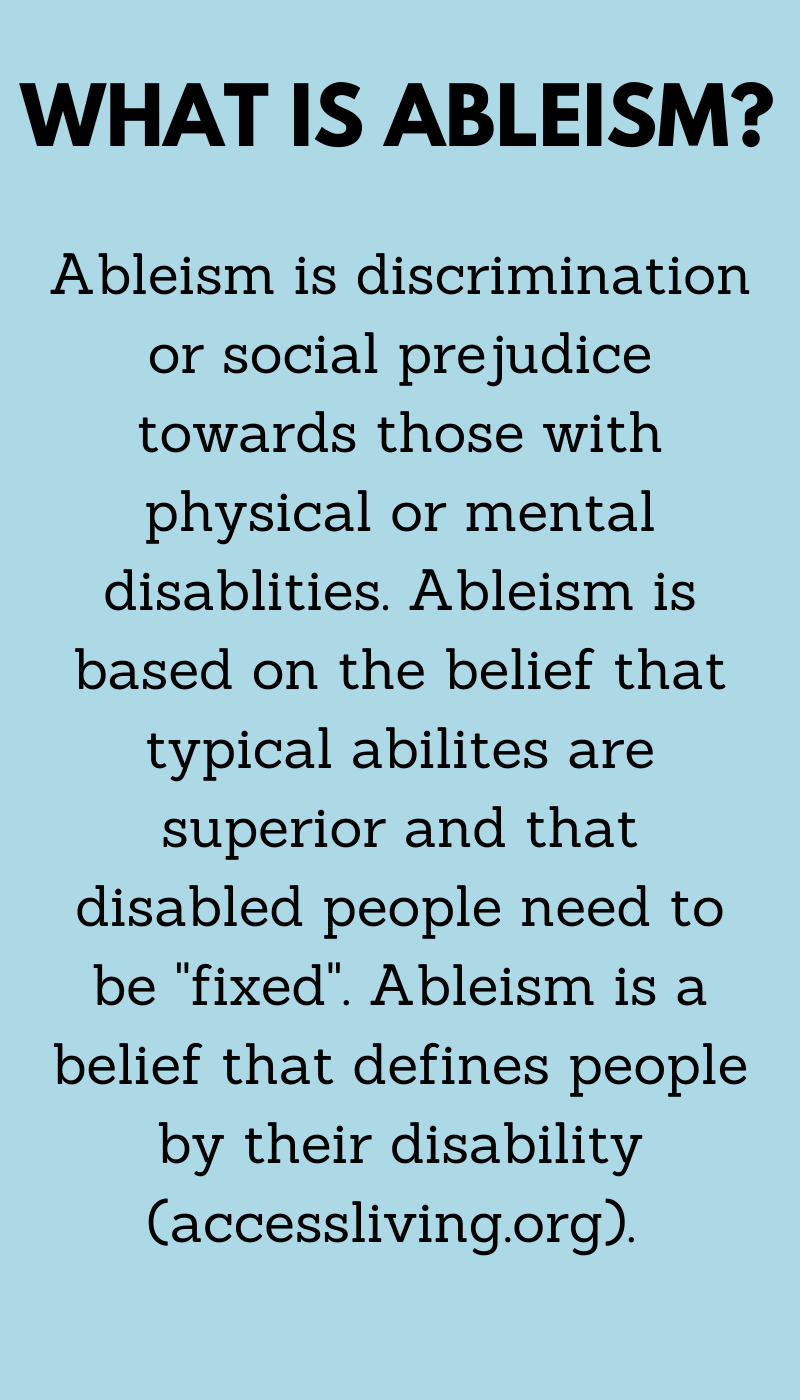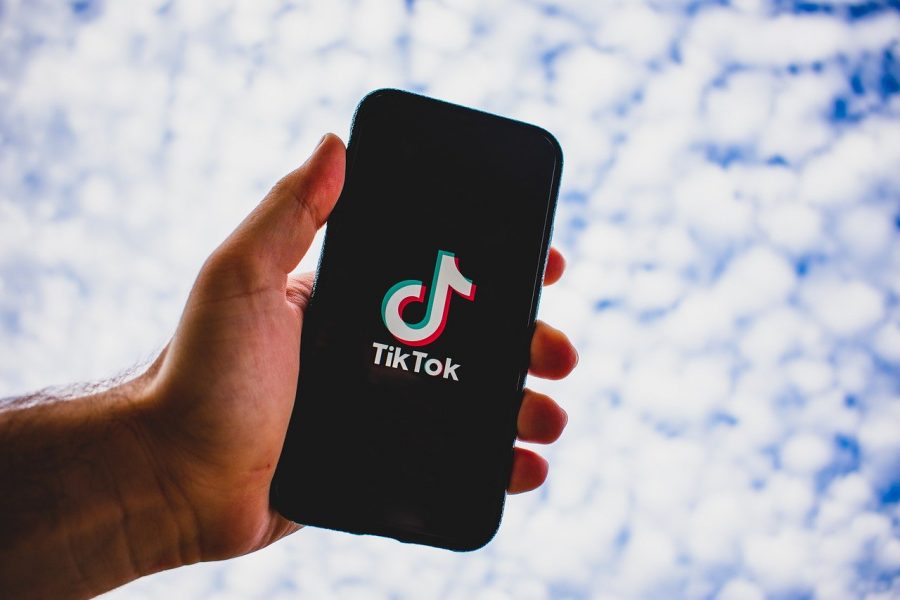The TikTok “Trend” That Reeks of Ableism
Photo courtesty of Pixabay. TikTok is an app nearly everyone has in this day and age.
December 17, 2021
The popular social media app, TikTok, has taken the world by storm. With users able to upload short clips, receive a customized “for you page,” and scroll endlessly through the app, it’s easy to see the appeal. I, like many other teens, am a frequent user of the app. I normally pay no mind to the ever changing and constant influx of trends that originate on TikTok, but “faking it” caught my attention, and it reeks of ableism.
The trend of “faking it” entails friends or relatives who are able-bodied checking in on people who they know are disabled, seeking to prove that they are faking their disability.

Accusing people of faking their disabilities is ableist. It invalidates others and builds hate and ridicule bandwagons against those with special needs. Accusations such as these cause harm to the disabled community. They make it harder for disabled people to be taken seriously, and for those with diagnosed disabilities to receive the correct diagnosis. I find it incredibly grating that within this trend, an able-bodied person decides whether a disability “looks real” enough to them. What is the image of disability? What makes a disability look real? There is no answer because disability is not a “one size fits all.” There isn’t always a clear indicator, such as an assistive device, and those who claim to have a disability need to be believed.
Why aren’t people seeing the issue in this and choosing to either ignore, “like” a video that partakes in the trend, or participate with a disabled person they know, furthering its popularity? The disabled community is being attacked and “liking” a video that participates in this trend and then posting photo slides on Instagram that speak out against this issue is like water and oil.
Above all, this trend is cruel. Disabled people are not a spectacle to be ogled and laughed at by an able-bodied audience. Even more so, the comments infantilizing the disabled, creating connotations with certain emojis, and calling them “cute” is unsettling. Disabled people are not pets.
Report videos partaking in this trend as “hate” on TikTok. Spread awareness, educate, and hold yourself and others accountable when faced with ableism. Disability is not a punchline.






Martine • Oct 15, 2022 at 11:15 pm
You think its impossible to fake a disability? No o has the right to be believed with no proof. And anyone who isnt gracious about providing proof is likely a liar. Truth is far more important then someone’s feelings. Because a lie hurts the entire world, and humans are not naturally honest. Anyone who has ever put up a cup expecting people to pay for coffee using the honor system knows that the most honest and nice seeming people are still over 50% dishonest.
Amina • Dec 19, 2021 at 12:03 pm
I didn’t notice this trend as much because I wasn’t getting it on my for you page but it definitely crossed the line. It’s surprising that no one is talking about how terrible this trend is and Im glad that the author brought this to attention.